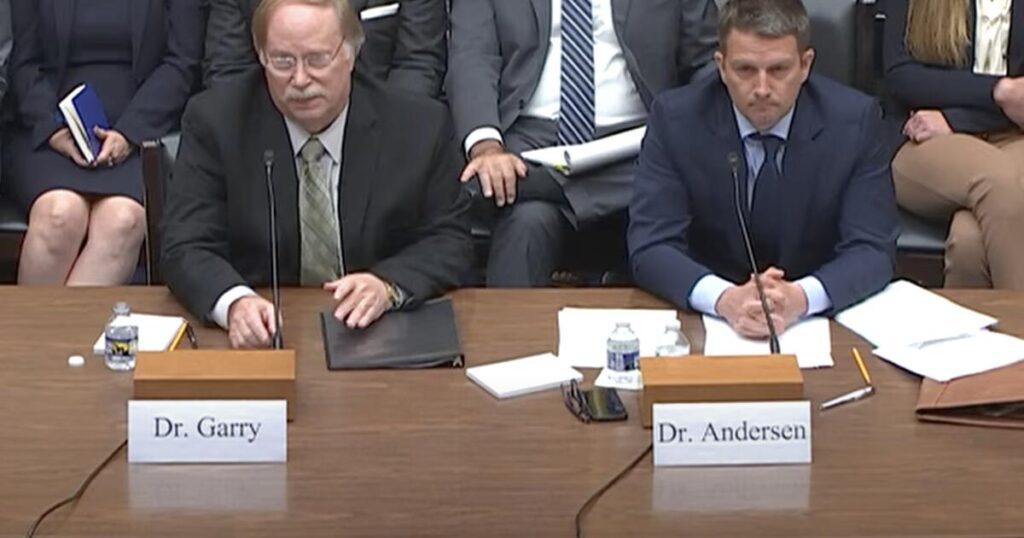The article discusses a scene in the film “Oppenheimer” highlighting Ernest Lawrence’s reaction to J. Robert Oppenheimer’s recruitment efforts for a communist-linked labor union, illustrating the difficulties of separating politics from science. Despite Lawrence’s initial opposition, he eventually required lab staff to sign an anti-communist loyalty oath due to the pressure from the UC Board of Regents, revealing the inability to keep politics out of scientific endeavors during the 1950s red scare.
Currently, scientists like Peter Hotez and Michael E. Mann are facing similar challenges, as outlined in their book “Science Under Siege.” Hotez has experienced personal attacks and death threats for countering misinformation about vaccines, while Mann has faced vilification for his climate research. The article highlights the increased politicization of science, where both scientists and their work are systematically attacked, especially by political figures and media that benefit from science denial.
Federal funding for scientific research, typically seen as non-partisan, has been compromised, particularly under the Trump administration, which has terminated numerous research grants and altered scientific communications. Hotez and Mann identify five forces fueling the anti-science movement, including economic interests and misinformation campaigns.
To combat this, they advocate for scientists to engage publicly, stressing the need for an incentive shift to reward public outreach and improve communication. They warn that America’s scientific infrastructure is in jeopardy, which threatens its global standing and the ability to address urgent issues like climate change and public health crises. The authors call for a reclaiming of the role of science in political discourse to safeguard human civilization.



